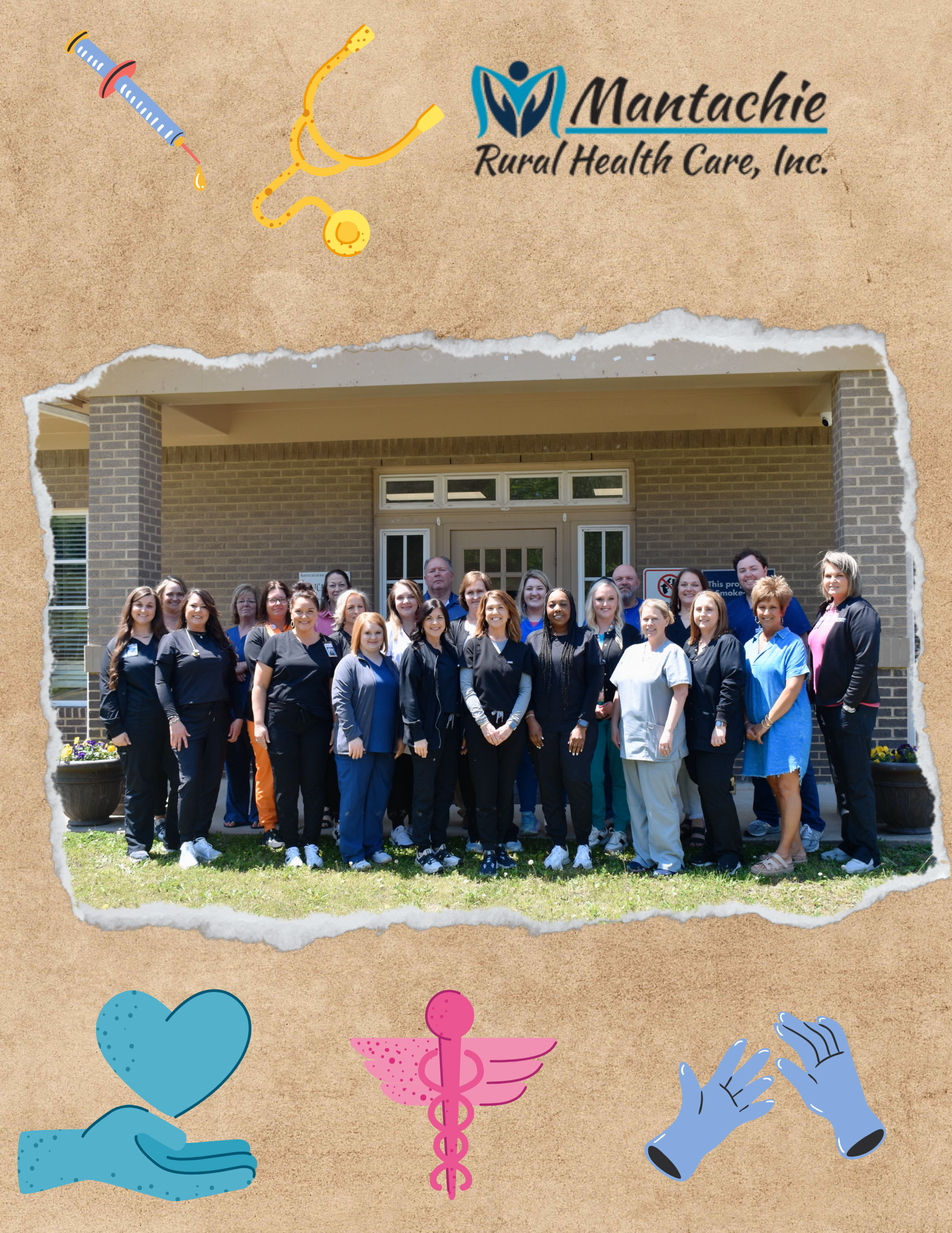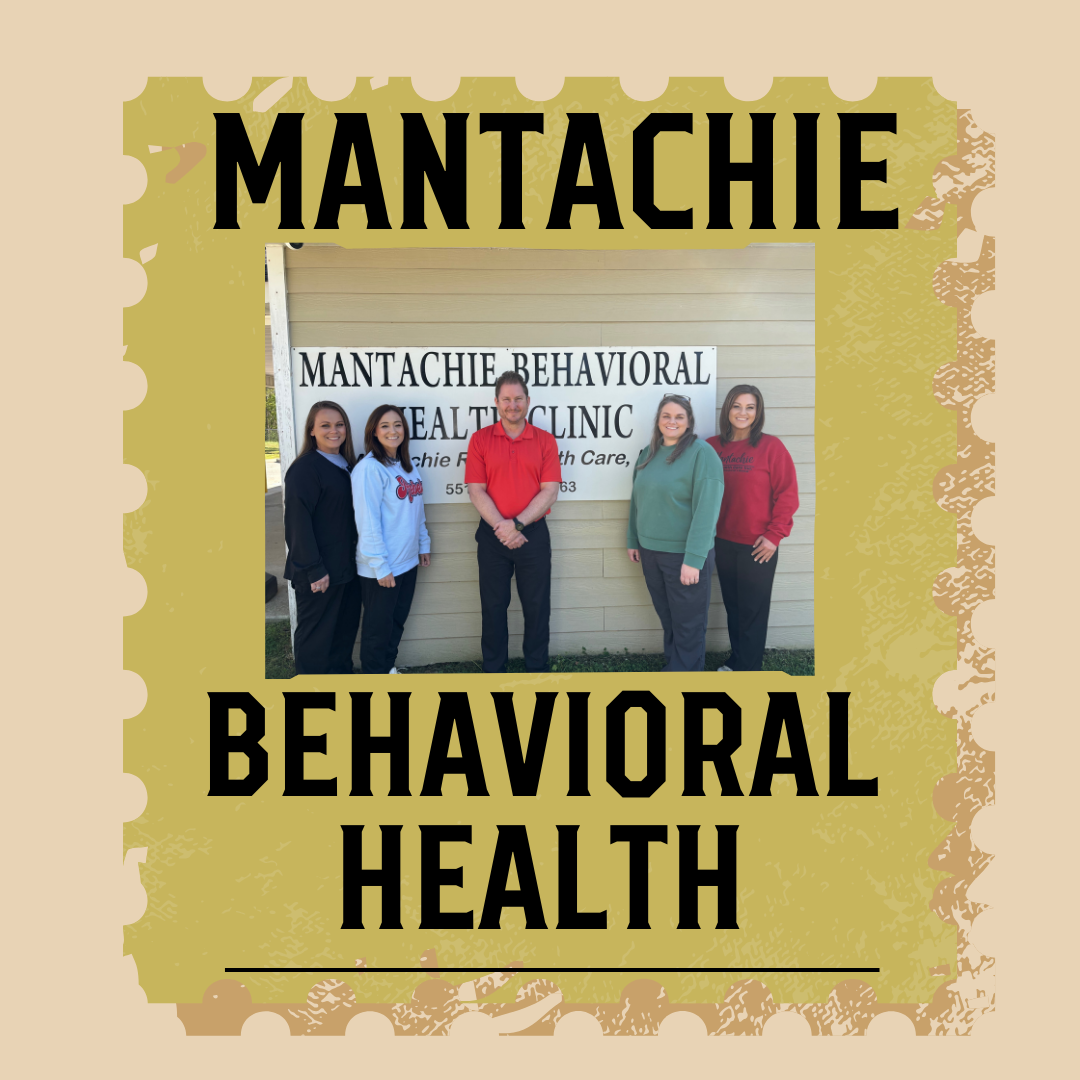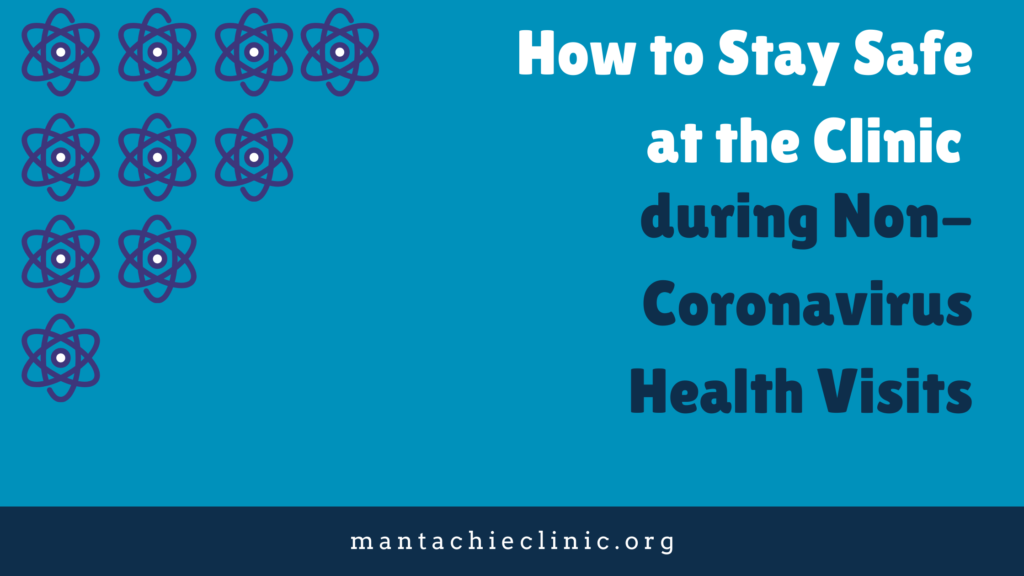
For the last two years, it seems like all we hear about in medical news is covid, covid, covid. Rightfully so. The pandemic has changed everything, and it’s shown no signs of going away, although we are in a slowdown for now. Today, we’re taking a look at covid-19 and the opioid crisis.
With the covid-19 pandemic being a worldwide crisis, other medical epidemics have taken a backseat in the public interest. But covid-19 hasn’t made other health crises go away, it’s simply overshadowed it. The opioid crisis is one crisis that has not only continued but increased significantly since the pandemic started.
How Covid-19 has Fueled the Opioid Epidemic
The year 2019 saw 70,630 opioid overdose deaths in the United States. As if that number isn’t frightening enough, the number of opioid overdose deaths after the pandemic hit US shores will send chills down your spine. An estimated 104,288 people died from opioid overdose by September 2021. That’s more than a 25 percent increase in just over a year and a half. Mississippi was predicted to suffer around 682 opioid deaths in 2021.
So what’s the reason behind the worsening opioid crisis? Unfortunately, we can’t point to just one cause for the crisis, which is considered an epidemic. Lost jobs and livelihood along with restricted access to mental healthcare during the pandemic are major factors for many people turning to opioids to cope. As depression and anxiety caused by the pandemic continue to increase, many patients are choosing to self-medicate instead of seeking professional help.
The battle between law enforcement agencies and drug cartels has also been impacted. The pandemic gave an unexpected edge to transnational criminal organizations, also known as cartels. These organizations have adapted to the pandemic faster than law enforcement agencies making access to illegal drugs easier.
What We Can Do to Fight the Opioid Crisis
The first step is to accept that addiction is a disease. The good news is, classifying addiction as a disease gives medical experts the ability to study the disease and develop a successful treatment. However, providers have experienced significant challenges in treating addiction patients in the midst of a pandemic.
Due to a high risk of covid-19 transmission between patients at in-patient facilities, providers have turned to outpatient treatment to help addicts. Telehealth and other resources are being used to keep in line with social distancing guidelines. But some patients are so severe that in-patient treatment is necessary. Unfortunately, labor shortages have also lowered the availability of in-patient services.
Despite these challenges, addiction patients still have hope. Outpatient treatment can work if patients follow the treatment plan and advice given by their provider. Addiction treatment specialists are working harder than ever to help patients achieve sobriety.
Mantachie Rural Health Care offers mental health and addiction services through our mental health specialists. If you or someone you know is battling addiction, reach out to us now to make an appointment. Request a visit at www.mantachieclinic.org/contact-us/ or call 662-282-4226.





